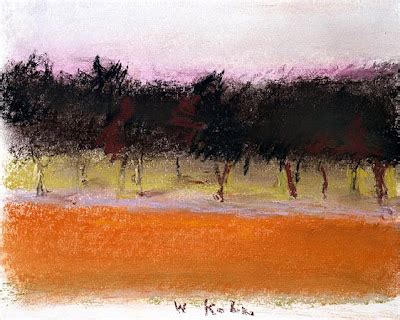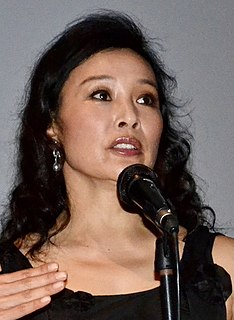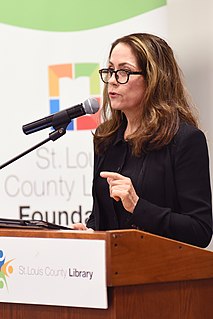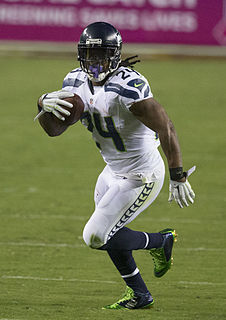A Quote by Harold Ramis
I feel a big obligation to the audience, almost in a moral sense, to say something useful. If I'm going to spend a year of my life on these things, I want something that I feel that strongly about.
Related Quotes
Sometimes I will tweet things without an audience in mind at all, just because I want to say something that I don't feel I can say otherwise. Those tweets have a specific sense of desperation to them, because I write them when I feel like I don't have anyone else to talk to - as if Twitter is the only thing that will accept my insanely inappropriate thoughts without judgement.
In my relationship with God, I've learned that if I follow a 'formula' for how I spend my time with Him, then I'm just accomplishing a checklist of things I feel obligated to do to please Him. This makes my spiritual life more about doing what I need to do to fulfill an obligation than something meaningful.




































